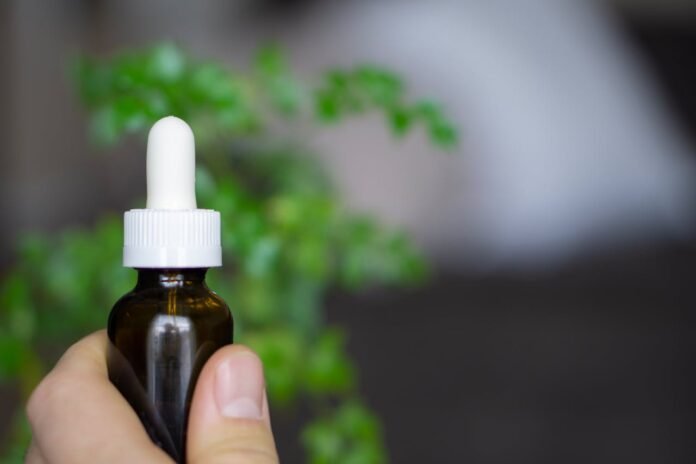I do remember Castor Oil was in my grandmother’s vocabulary, and my mother would give us a dose for constipation. That’s about as far as my knowledge goes when it comes to castor oil.
However, my friend and colleague mentioned Castor oil plasma used on inflammation and joint pain at least twice before I asked her.
The Australian naturopath Barbara O’Neil swears it can break down just about any tumor in your body when applied as a poultice as it is super penetrating. She may have a point, as it has been used for millenniums (not the generation type).
It’s made by extracting oil from the seeds of the African native Ricinus communis plant. These seeds, known as castor beans, contain a toxic enzyme called ricin. However, the heating process that castor oil undergoes deactivates it, allowing the oil to be used safely.
Castor oil has a number of medicinal, industrial and pharmaceutical uses.
It is commonly used as an additive in foods, medications and skin care products, as well as an industrial lubricant and biodiesel fuel component.
In ancient Egypt, castor oil was burned as fuel in lamps, used as a natural remedy to treat ailments like eye irritations, and even given to pregnant women to stimulate labor (I do remember this one).
Today, castor oil remains a popular natural treatment for common conditions like constipation and skin ailments and is commonly used in natural beauty products.
Here are seven benefits and uses of castor oil.
- Perhaps one of the best-known medicinal uses for castor oil is as a natural laxative. It’s classified as a stimulant laxative and can be used as a natural remedy for occasional constipation. However, take it easy on the doses. Too much can cause side effects like cramping and diarrhea. Also, the body can become dependent on the oil, so it should be used for occasional, not chronic, constipation.
- A Natural moisturizer, Castor oil is rich in ricinoleic acid, a monounsaturated fatty acid. These types of fats act as humectants and can be used to moisturize the skin. Humectants retain moisture by preventing water loss through the outer layer of the skin. You can use this rich oil on its own as a natural alternative to store-bought moisturizers and lotions; it is inexpensive and can be used on the face and body. Castor oil is thick, so it’s frequently mixed with other skin-friendly oils like almond, olive and coconut oil to make an ultra hydrating moisturizer.
- Applying castor oil to wounds creates a moist environment that promotes healing and prevents sores from drying out. Castor oil stimulates tissue growth so that a barrier can be formed between the wound and the air, decreasing the risk of infection.
- Aside from castor oil’s potential to reduce inflammation, it may help relieve dry, irritated skin for those with psoriasis, thanks to its moisturizing properties.
- Castor oil has antimicrobial properties that may help fight bacterial overgrowth and reduce acne when applied to the skin. Use for cleansing on a cotton ball, then tone with apple cider vinegar and spring water.
- Castor oil has antifungal properties and may help fight Candida, keeping the mouth healthy. One test-tube study found castor oil eliminated Candida albicans from contaminated human tooth roots.
- Applying fats like castor oil to the hair regularly helps lubricate the hair shaft, increasing flexibility and decreasing the chance of breakage. Castor oil may benefit those who experience dandruff, a common scalp condition characterized by dry, flaky skin on the head.
So, castor oil is in the news now and is about to make a comeback. You can get it at any pharmacy, and some organic ones are offered on Amazon.
What goes around comes around. Thanks, Dawn.



